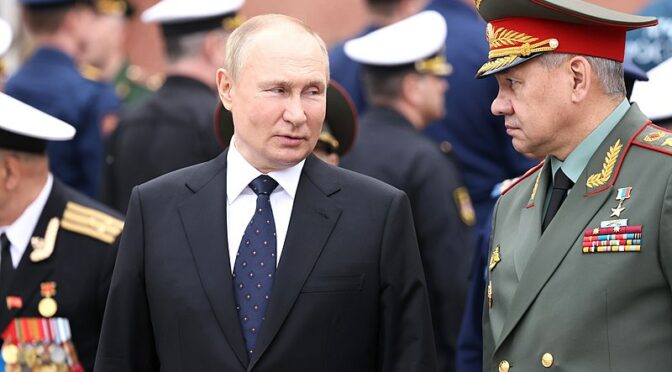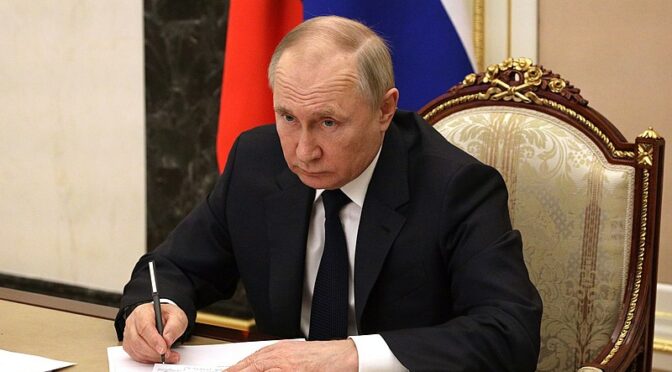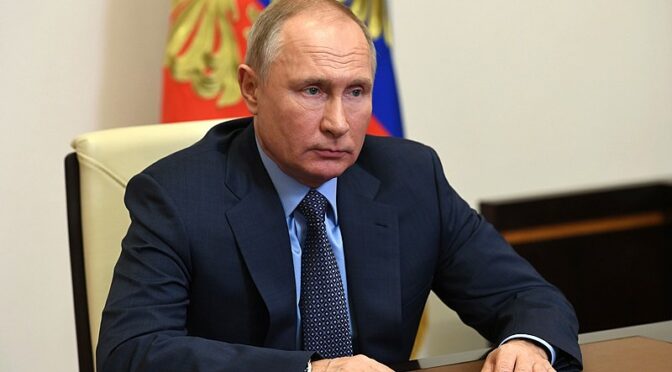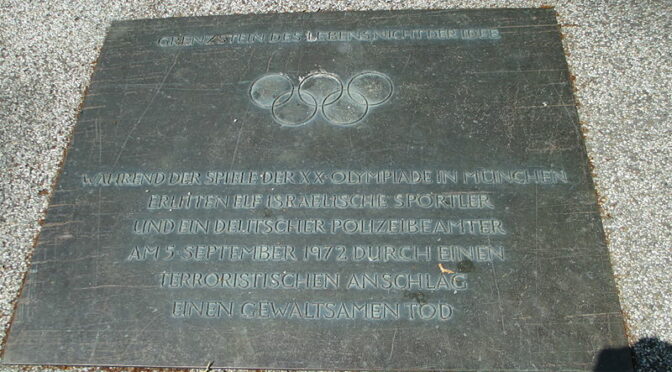Article published in The Daily Telegraph, 27 September 2022. © Richard Kemp
Putin’s latest nuclear threats signify above all that he is in grave danger at home. It was intended not just to cow the West but also to show strength to his henchmen who think he’s not been tough enough in Ukraine and to warn the plotters in Moscow that he will stop at nothing to hold on to power, no matter how many must die in the process.
His intended annexation of the areas of Ukraine now occupied by Russia means he could lawfully use nuclear weapons to defend them as they will formally be part of the Russian Federation. The fact that no other country will recognise Moscow’s sovereignty is beside the point – seen from the Kremlin, an attack on these areas with Nato munitions will be an attack on Russia itself.
Whether or not Putin was bluffing about using weapons of mass destruction – and we shouldn’t forget he also has a large chemical arsenal – his threat was a sign that he is running out of options in this war. Battlefield nuclear or chemical strikes could be a game-changer, inflicting severe physical and psychological damage on the Ukrainian defenders.
They would also have the potential for uncontrollable escalation, perhaps violently engulfing the whole of Europe and even beyond. The US president was right to publicly threaten catastrophic consequences for Russia if Putin used nuclear weapons and he would be right to inflict such consequences if his warnings went unheeded. In military terms that can only be direct NATO intervention in Ukraine or strikes against key targets inside Russia. Either would mean a Europe-wide war.
The White House says it has ‘communicated directly, privately to the Russians at very high levels’ how it would respond if Putin took the nuclear option. That message will have been delivered to others in the nuclear command chain, including the defence minister and chief of staff of the armed forces. We can only hope that it was sufficiently Continue reading




